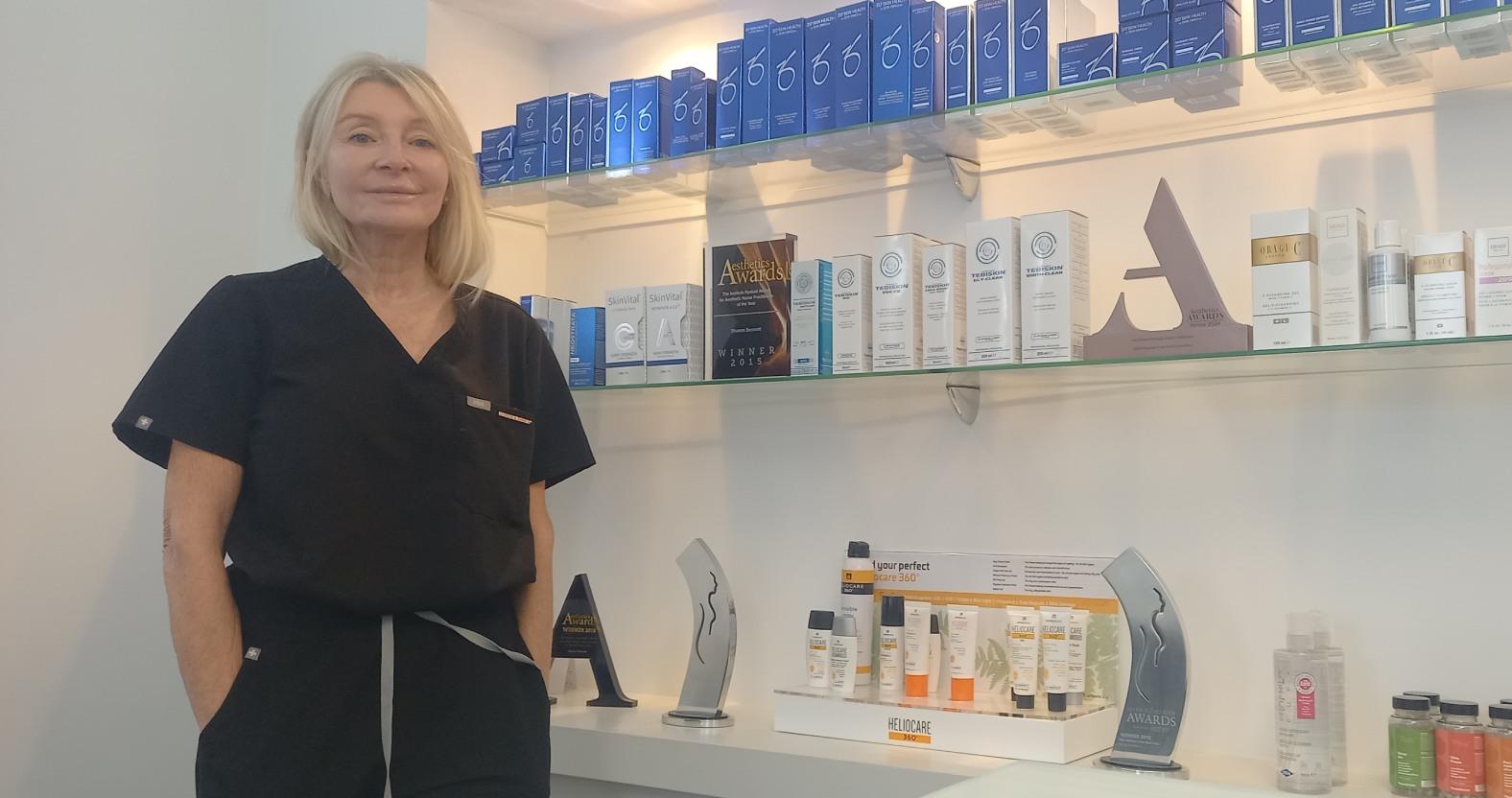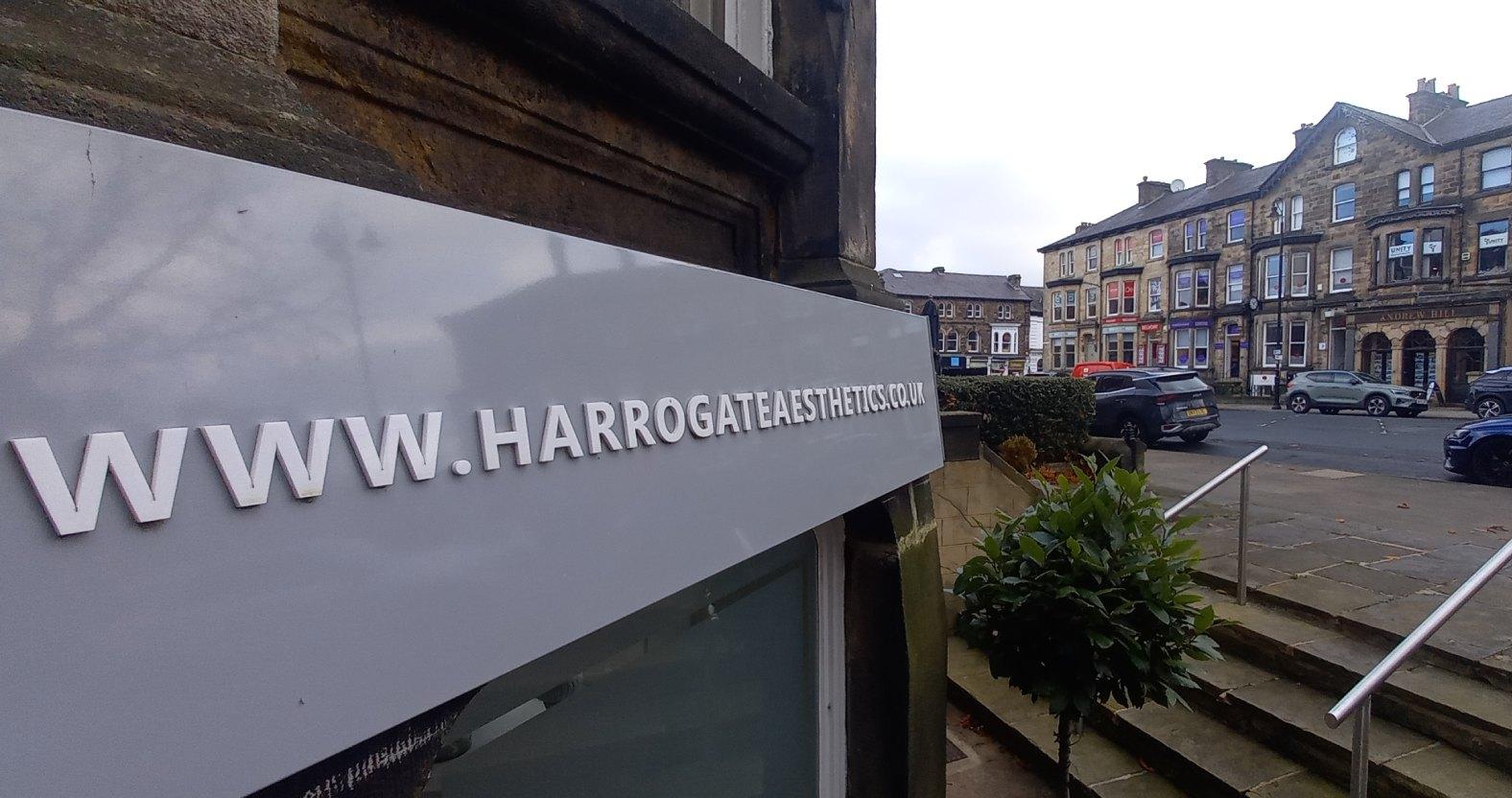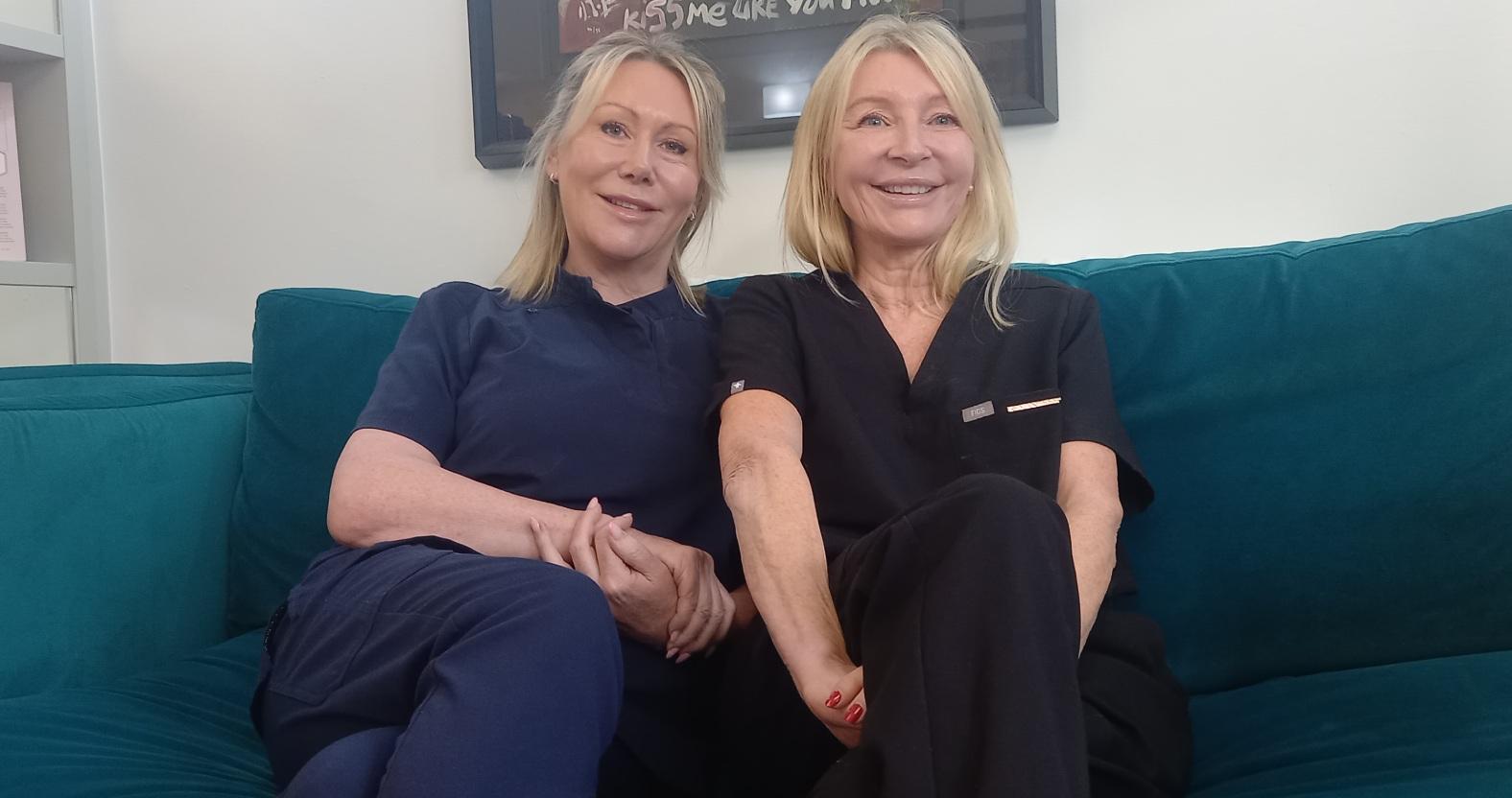Subscribe to trusted local news
In a time of both misinformation and too much information, quality journalism is more crucial than ever. By subscribing, you can help us get the story right.
- Subscription costs less than £1 a week with an annual plan.
Already a subscriber? Log in here.
26
Oct 2024
'Ask awkward questions before agreeing to treatment', urges Harrogate senior aesthetics nurse

The market in non-surgical cosmetic treatments such as botox and lip-fillers has ballooned in recent years, but its success has come at a price. The UK aesthetics industry is now estimated to be worth £4.6 billion, and around 900 clinics have popped up across the country to tap the potential demand. But the industry is largely unregulated, and many clinics are run by untrained practitioners, some offering treatments illegally.
It is a situation that Sharon Bennett, chair of the British Association of Medical Aesthetic Nurses (BAMAN), hopes will be addressed urgently by the new government.
Ms Bennett, who also runs Harrogate Aesthetics with business partner Anthea Whiteley, told the Stray Ferret:
There should be full regulation. It’s coming, but it’s a slow process. It will probably never reach the standard that we medical professionals want, but some would be better than none.

Harrogate Aesthetics in Princes Square, Harrogate
The whole issue was recently thrust into the spotlight by the death of a Gloucestershire mother of five who died last month after a non-surgical Brazilian butt lift (BBL) procedure went wrong.
Procedures carried out abroad, where medical oversight may be less rigorous, can carry even more risk. Since 2019, for example, 28 British cosmetic surgery patients have died in Turkey alone.
The BBL is not a procedure offered by Harrogate Aesthetics, but Ms Bennett,who was the first person to introduce the now-standard hyaluronic acid dermal filler gels into the UK, says care is needed when considering any procedure.
She said:
If you’re thinking of having anything done, do your research, and don’t be taken in by social media posts that promote practitioners who are ‘qualified’ or ‘advanced’ – these are titles that need to be evidenced.
Initially, you need to find someone who’s a registered healthcare professional – a doctor or a nurse. Then you need to take a look at their medical qualifications.
This is particularly important if a clinic offers any treatments involving botulinum toxin – commonly known by the brand name Botox.
By law, botulinum toxin must be prescribed, and the only people who may do that legally are medically qualified professionals.
Ms Bennett said:
No beauty therapist will have a prescribing qualification. A lot of practitioners have the stamp ‘CPD’, but that’s not a qualification. It just means ‘continuing professional development’ and beauty therapists are renowned for it, but it’s meaningless.
She said that the person prescribing a treatment – a nurse or a doctor – must also see the patient for a face-to-face consultation, but that often does not happen. She said:
That’s shocking, because if anything happened, that patient would be completely unprotected. There’d be no recourse, and no insurance company would cover it – because it’s illegal.
Although neither the General Medical Council nor the Nursing and Midwifery Council offer qualifications in aesthetics for doctors or nurses respectively, Ms Bennett recommends that prospective patients make sure any practitioner is a member of either the British College of Aesthetic Medicine or the British Association of Medical Aesthetic Nurses, which she has chaired for the last decade.
She said:
Membership of one of those bodies affirms that a doctor or nurse is focusing on their profession and surrounding themselves with as much education and learning as they can.
Check their CV and look at the trainings they’ve done. Make sure aesthetics forms the bulk of what they do, and that it’s not just a sideline.

Harrogate Aesthetics directors Anthea Whiteley and Sharon Bennett
She also cautioned against choosing a clinic purely on the basis of price, and advised checking what kinds of products are used. She said:
The reason a treatment is cheap is usually because they’re buying cheap products from overseas. If it’s not from a reputable source, you can never be assured of its quality – or its safety.
At a conference a couple of weeks ago, I found a Korean stand that was selling botulinum toxin for £12 for a big bottle, available only through the post. It was completely illegal, so the MHRA [Medicines and Healthcare products Regulatory Agency] shut the stand down, but there are plenty of other products coming in all the time.
She said it was vital that a patient should have complete confidence in their practitioner before agreeing to any procedure or treatment. She said:
It’s essential not to book in for treatment straight away. Book in for a consultation instead, and get a feel for who they are.
Don’t put too much faith in ‘before and after’ photos. That’s their best work, and it can be filtered.
Also, don’t be afraid to ask the awkward or difficult questions, however uncomfortable it may make you feel – and make sure they have adequate insurance.

Rishi Sunak laid the groundwork for the licensing of aesthetics practitioners, but will Sir Kier Starmer introduce it?
In April 2022, the Sunak government brought in the the Health and Care Act, which paved the way for a licensing regime for non-surgical cosmetic procedures in England. When, or even whether, that will be introduced is not known – the Labour government’s approach remains to be announced. But Ms Bennett is cautiously optimistic. She said:
I think they’ll have to [introduce licensing], but I don’t know when. There are still more consultations to go.
It’s not whether it’s regulated, but how. For example, who will regulate it, and who will oversee the courses? It’s such a big beast once you decide to regulate.
0